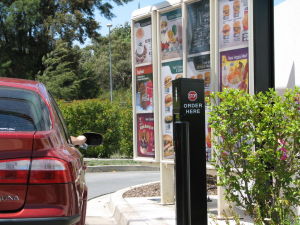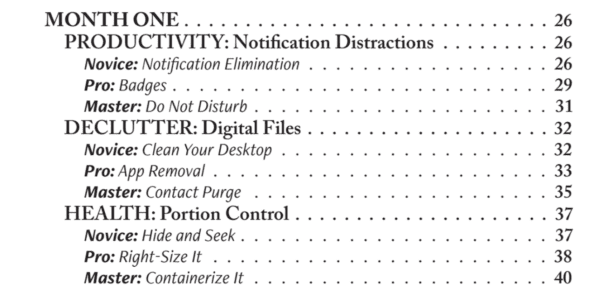You drink coffee all day.
You check your email until 2am.
You eat candy every afternoon.
All of these are habits. Most reasonable people know that they are bad habits.
Once you know a habit exists, is it your responsibility to change it?
Yes.
Habits are a process of our brain. It's automatic or done without much thought. It didn't automagically occur after one time, but for some habits, it doesn't take long for it to become routine.
In the book The Power of Habit: Why We Do What We Do in Life and Business, Charles Duhigg talks about a parent that stops at a fast food restaurant one busy evening after picking up kids from practice or lessons. The next week on the same night they do it again. It becomes a habit. Or does it? If that restaurant closes down, do you think they pick another one? Nope. They actually don't.
I had a client that used to overeat when he came home from work. I instructed him to have a snack before his 45-minute commute and go in the house by a different door. Boom. Habit broken.
Some habits are harder to break than others, especially when it is something addictive like food, caffeine, email (yep – it's a process within your brain). However, if you know that you have a bad habit, not doing anything to change it is your choice.
Not doing anything to change a bad habit is your choice.
Maybe you aren't ready to change it right now. Perhaps you don't have the tools to know what to substitute. Sitting around talking about your bad habit is, for sure, not going to do anything. One of my clients doesn't like to exercise in the morning, but when planning to do it in the evening, rarely gets it done. I told her to forget about her fancy PJs and sleep in her exercise clothes. If she takes off her exercise clothes in the morning without doing something, she feels guilty and stupid (her words). It wasn't that big of a change, swapping PJs for technical clothes, but it made a HUGE difference in whether or not she exercised that day.
There are keystone habits that can predict if you continue other positive patterns throughout the day. One of the biggest?
Making your bed.
When you make your bed in the morning, it leads to more productive habits later in the day. You have created order right away, within minutes of waking up. You also see the order before you go to sleep. When your brain perceives clutter or things that ‘don't fit', it tries to create order.
Logging your meals is another keystone habit. When you write down what you eat or even take photos of it, you tend to make healthier choices throughout the day, whether intentional or not. Eating meals at home makes you want to eat more meals at home.
This is the time of year when people start thinking about creating new habits, but not start until January (what's so magic about that month?). Start planning your strategy now. Mull it around in your head. Consider all your whines, your wins, and be very specific about what you want to accomplish. WRITE IT DOWN. Tell someone about it. Hold yourself accountable.
Habit change isn't always easy. Sometimes it's easier than you think. Bottom line? It's your responsibility to change it.
What one habit do you want to change and how will you do it?



